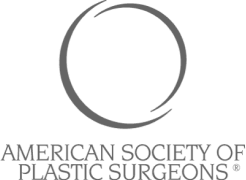Exercise
Time to tune up your engine! But there’s no need to overdo it. Set a reasonable goal of up to 10,000 steps per day.
Doing little things like parking farther away from building entrances can significantly boost that step count. The more you walk before your surgery, the better you will be able to walk following it. That means you’ll get to go home sooner!
Lifestyle
Maybe you’ve wanted to kick some bad habits anyway. Now would be a perfect time. Anything that alters your thinking, physical stamina, mood, or sleep patterns can make your surgery and recovery more difficult.
Let’s talk particulars. If you smoke, stop. Immediately. Cut down - way down - on caffeine and alcohol. These substances can affect your surgical anesthesia and significantly retard your post-operative recovery.
Hygiene and Infection Prevention
Infection is the enemy. Diligently use a germ-inhibiting soap for bathing, such as Safeguard, Dial, or Lever 2000, for at least one week before surgery. Immediately report any signs of cold, infection, boils, or pustules.
Mentality
To be strong, you must be calm. That can be difficult leading up to surgery. Read. Relax. Rest. Meditate. Pray if you choose. Think positive thoughts. This is not psycho-babble. This is science.
Educate Yourself
Your surgical team should be experts on your procedure. But the next most educated person should be you. It’s your life. It’s your body. Learn everything you can about your surgery and its goals and objectives. Knowledge is power.
Check the credentials of your surgical facility. Is it fully licensed and accredited? Are emergency procedures in place?








